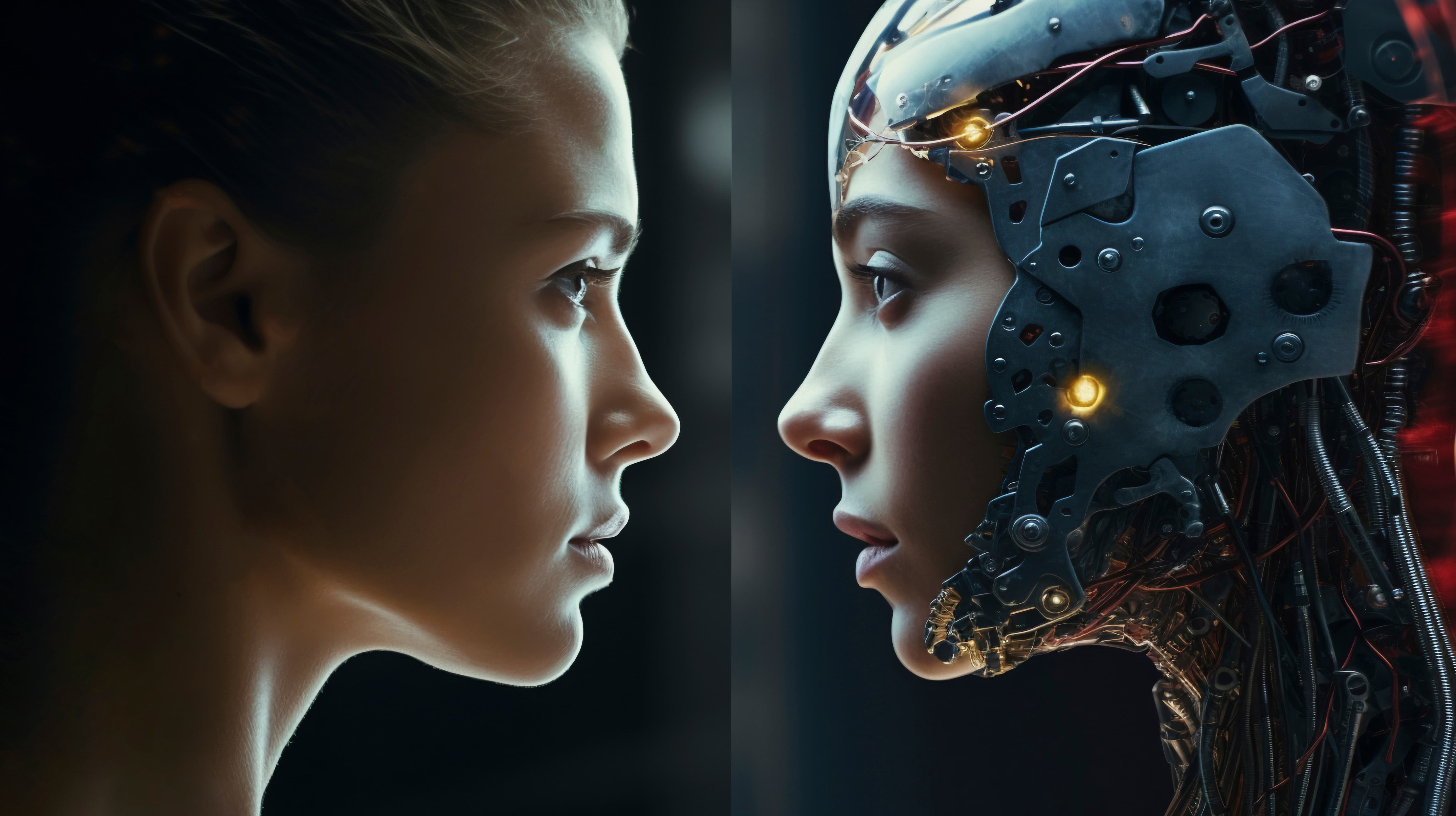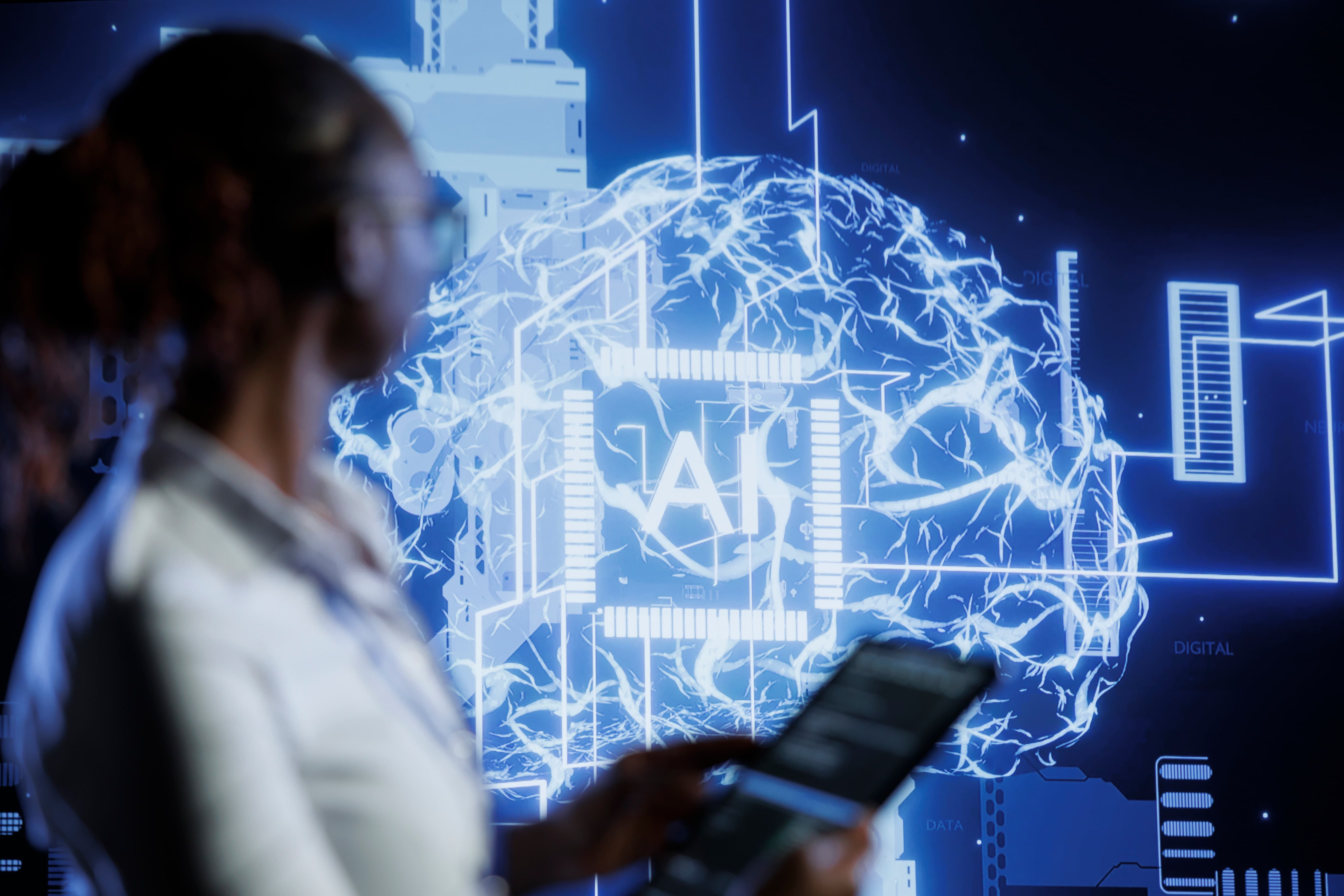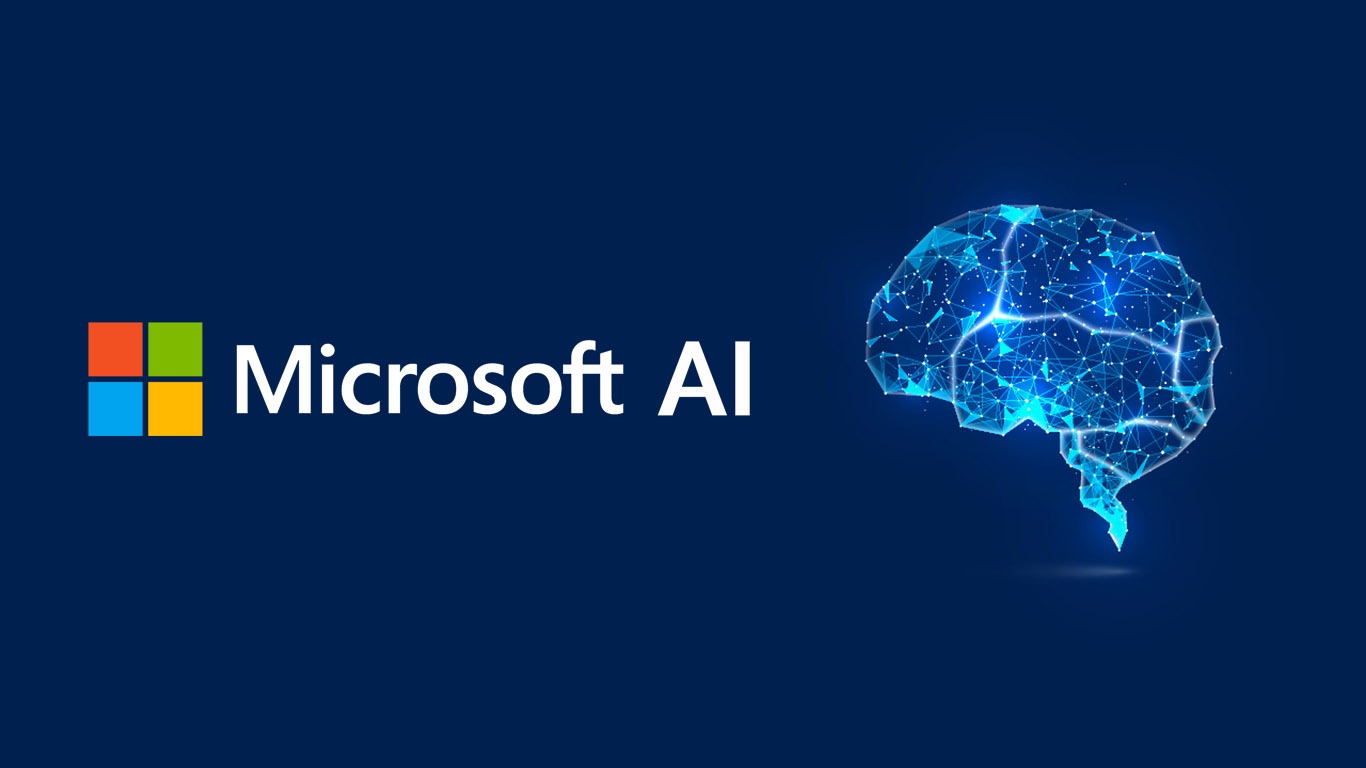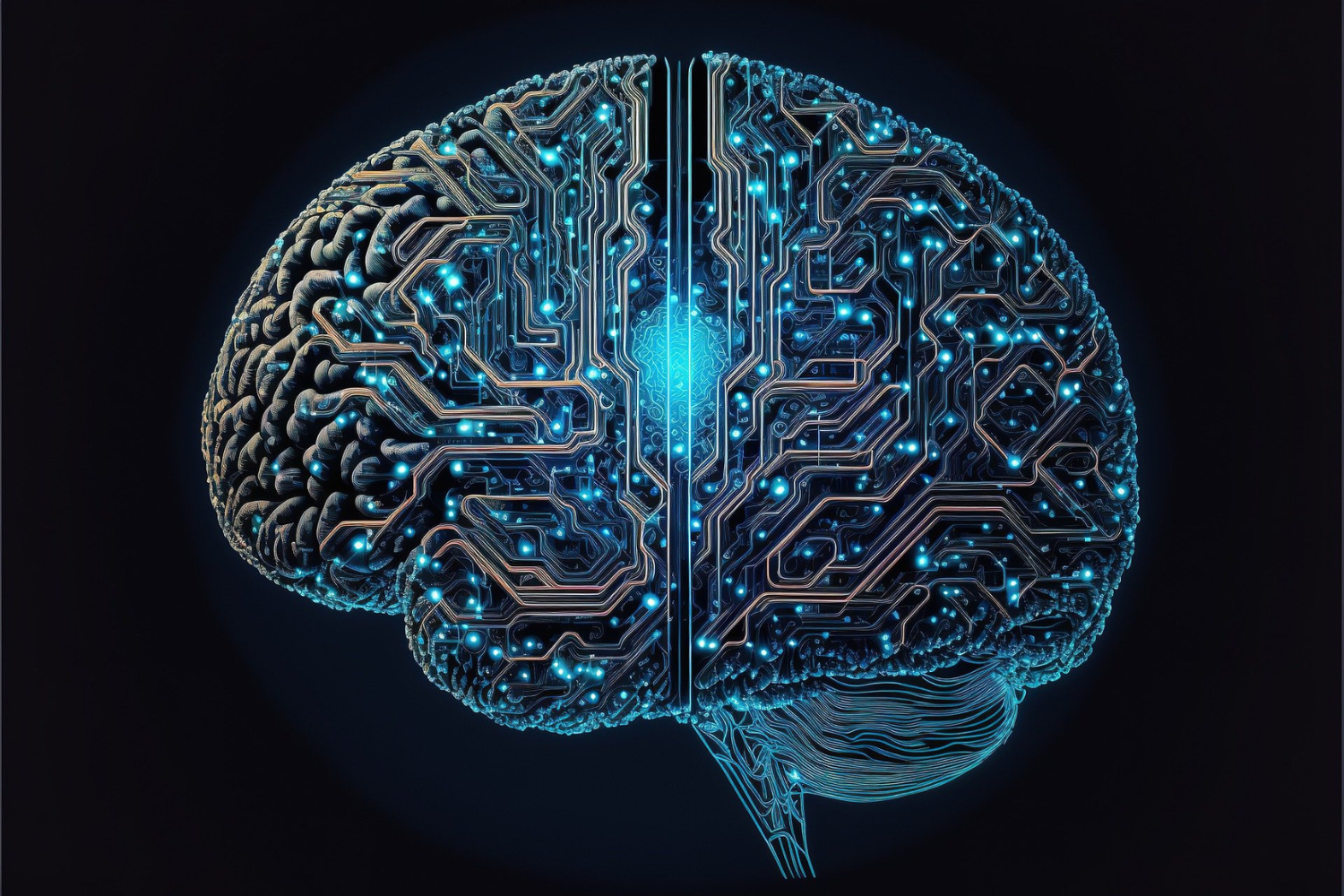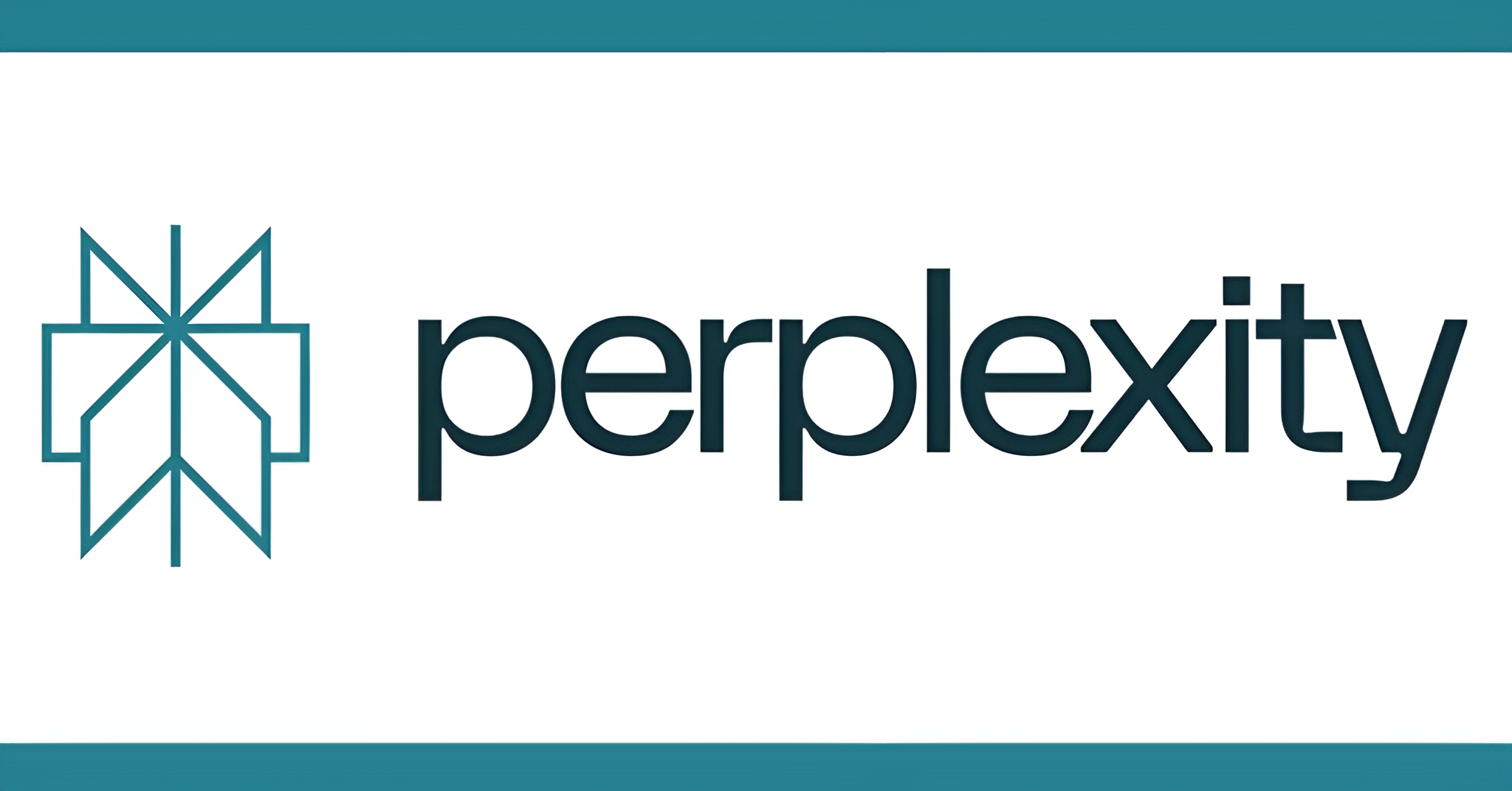Scientists at the University of Surrey have developed a new method to make artificial intelligence smarter by copying the way the human brain works. Their approach, called Topographical Sparse Mapping, connects AI ‘neurons’ only to nearby or related ones, mimicking how the brain organises information efficiently.
An advanced version, Enhanced Topographical Sparse Mapping, prunes unneeded connections during training, similar to how the brain strengthens useful pathways as it learns. Researchers are also exploring applications in neuromorphic computing, which designs computer systems to mimic the structure and function of the human brain.
The approach helps AI models, including tools like ChatGPT, work better while using less electricity. Traditional AI training can waste huge amounts of energy, but the new brain-inspired design cuts unnecessary connections without losing accuracy.
Would you like to learn more about AI, tech and digital diplomacy? If so, ask our Diplo chatbot!

